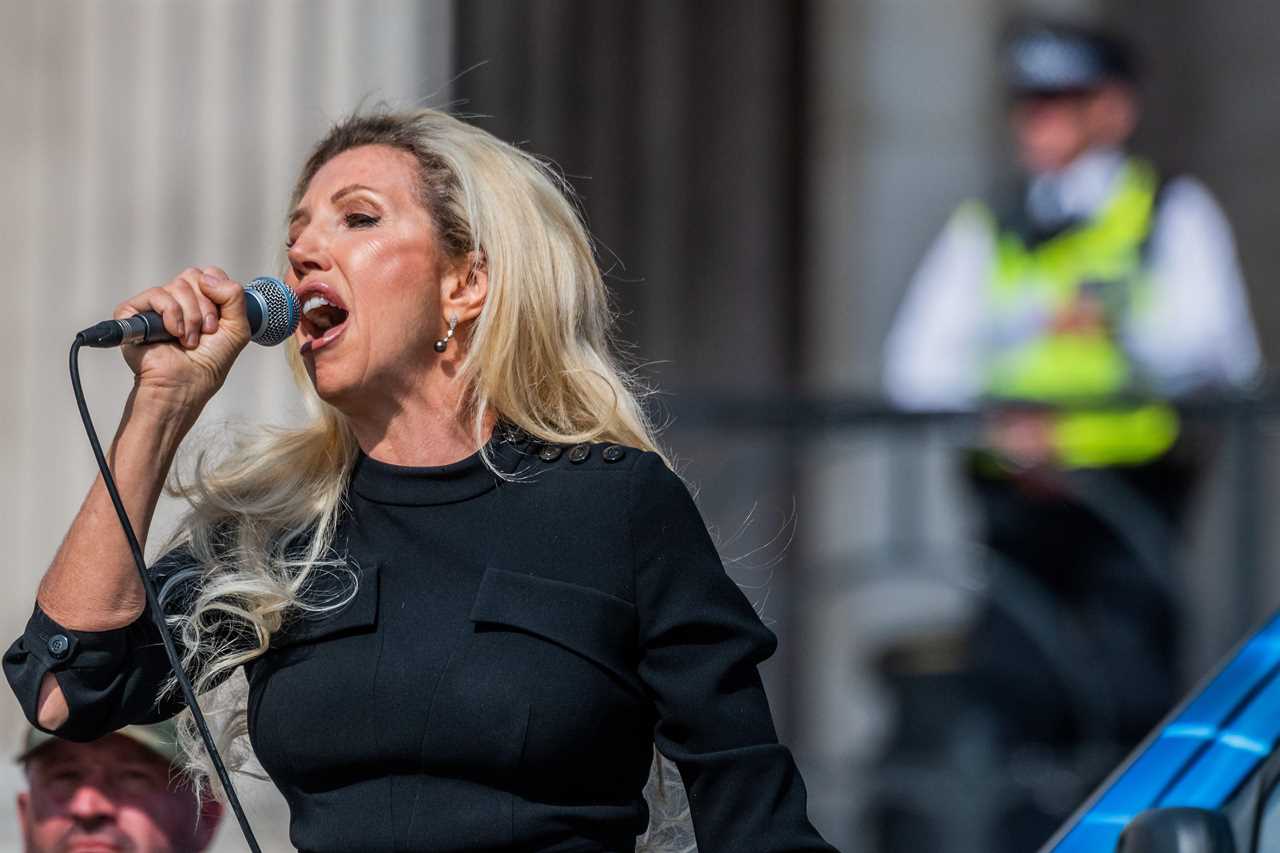
In a complex and emotionally charged inquest, the accusations levelled by Kay "Kate" Shemirani against paramedics in the death of her daughter, Paloma, shed light on a deeply distressing situation. The intersection of personal beliefs, medical treatment, and tragic outcomes raises profound questions about autonomy, consent, and the responsibilities of healthcare providers. Paloma's story, from her refusal of conventional cancer treatment to the events leading to her untimely death, underscores the intricate balance between individual choice and medical intervention, urging us to delve into the complexities of this case.
Unpacking Medical Decision-Making and Personal Agency
The tragic passing of Paloma Shemirani unveils a narrative fraught with conflicting perspectives. Kate Shemirani's staunch beliefs in alternative treatments and suspicion towards conventional medicine collide with the healthcare system's duty to provide evidence-based care. The tension between respecting an individual's treatment choices and safeguarding their well-being brings into focus broader debates around informed consent and the boundaries of medical intervention. How do we navigate the delicate terrain of personal autonomy within the realm of healthcare, especially in cases where beliefs diverge from established medical practices?
Interrogating Allegations of Medical Malpractice and Grieving Mother's Accusations
The allegations of medical negligence and malpractice levelled by Kate Shemirani pose intricate challenges for the inquest and the wider medical community. The assertion that Paloma's death resulted from inappropriate medical interventions raises fundamental questions about the duty of care owed to patients, the limits of personal choice in treatment decisions, and the complexities of communication between healthcare providers and families. How can we reconcile the pursuit of alternative treatments with the imperative to uphold medical standards and protect patient safety?
Exploring the Intersection of Personal Beliefs and Healthcare Ethics
The narrative of Paloma Shemirani's journey through illness and treatment encapsulates a broader societal conversation about the intersection of personal beliefs, healthcare ethics, and the quest for holistic well-being. The clash between alternative therapies and conventional medicine underscores the need for nuanced discussions around complementary treatments, patient autonomy, and the ethical responsibilities of healthcare professionals. How do we navigate the landscape of diverse treatment modalities while ensuring that patient care remains at the forefront of medical practice?

As the inquest into Paloma Shemirani's tragic death unfolds, it prompts us to reflect on the intricate interplay between individual choices, medical interventions, and the quest for justice and accountability. The complexities of this case serve as a poignant reminder of the multifaceted nature of healthcare decision-making and the profound impact it can have on individuals and families. In a society grappling with divergent beliefs and approaches to well-being, Paloma's story stands as a sobering testament to the challenges and dilemmas inherent in the pursuit of health and healing.
Did you miss our previous article...
https://trendinginthenews.com/cancer/the-overlooked-nutritional-oversight-linked-to-bowel-cancer-a-guide-to-dietary-intervention






